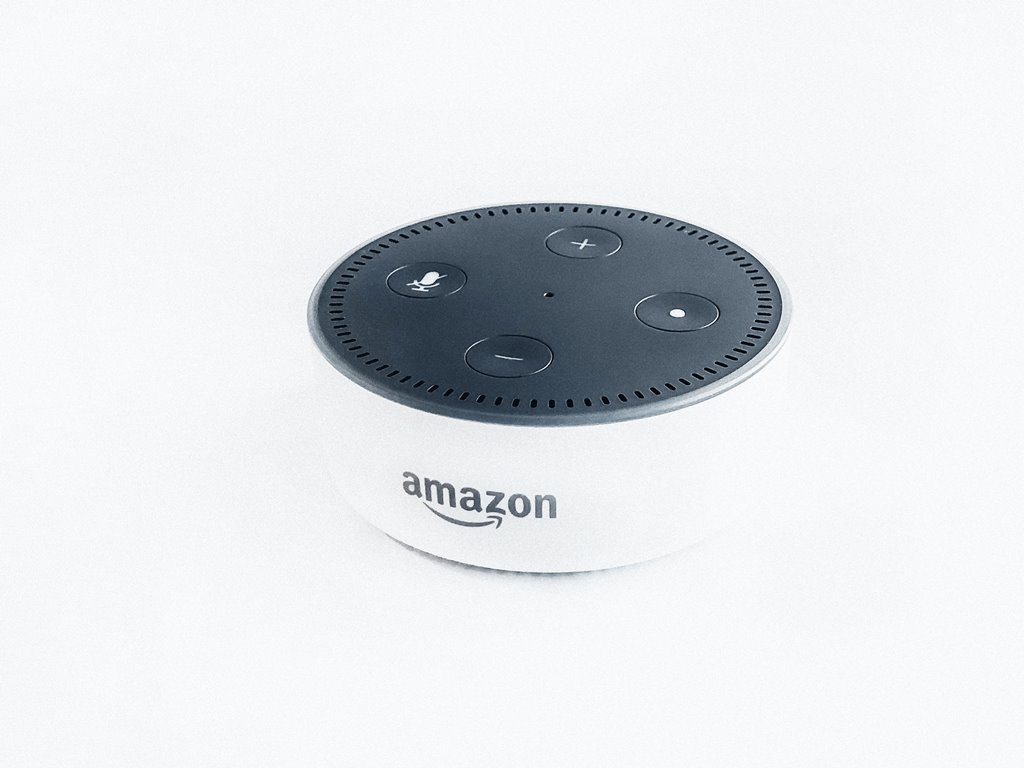Piero Tintori and his company Better Examination did not anticipate how much of a role their machine learning platform would play during the pandemic.
At the onset of the pandemic, schools and universities went into lockdown to curb the spread of coronavirus across Europe and the US. The solution to continue education remotely was highly accepted, with many people being of the consensus that the pandemic should not be allowed to interrupt the rhythm of life.
However, there was only one problem for teachers, schools and students, how will they be able to carry out exams without students attempting to steal, or even succeeding to steal. By that time, it was clear that in-person classes and exams were not realistic and the only way to carry out exams was through remote technologies.
Machine learning prevents exam cheating
Better Examination, however, has had the solution all along, the machine learning technology, which is an advanced form of artificial intelligence used to detect patterns in user behaviors and flag them if they attempt to steal.
Tintori’s technology also came integrated with more machine learning capabilities that were able to automatically mark multiple choice answers and mathematics exams.
The Better Examination platform also had other functionalities such as using machine learning to identify the person sitting in front of the computer or laptop to ensure that their identity matches exam recipients.
The platform was also able to restrict internet to certain sites, or only certain websites to open during the exams. This is an effective way of preventing cheating, where users were not able to use the internet to cheat on their exams.
Tintori said that the response to their platform had been overwhelming, indicating that more than 50 institutions around the world had already contacted them to allow them to use their software for monitoring exams. He also indicated that the platform runs smoothly during the May to June exams, indicating that they had received positive reviews from their clients.
The firm, which has its headquarters in Dublin, Ireland and branches in the US, Australia and Poland also indicated that they had been contacted by four governments about their platforms. However, Tintori refused to name the countries.
Featured image by Pixabay







